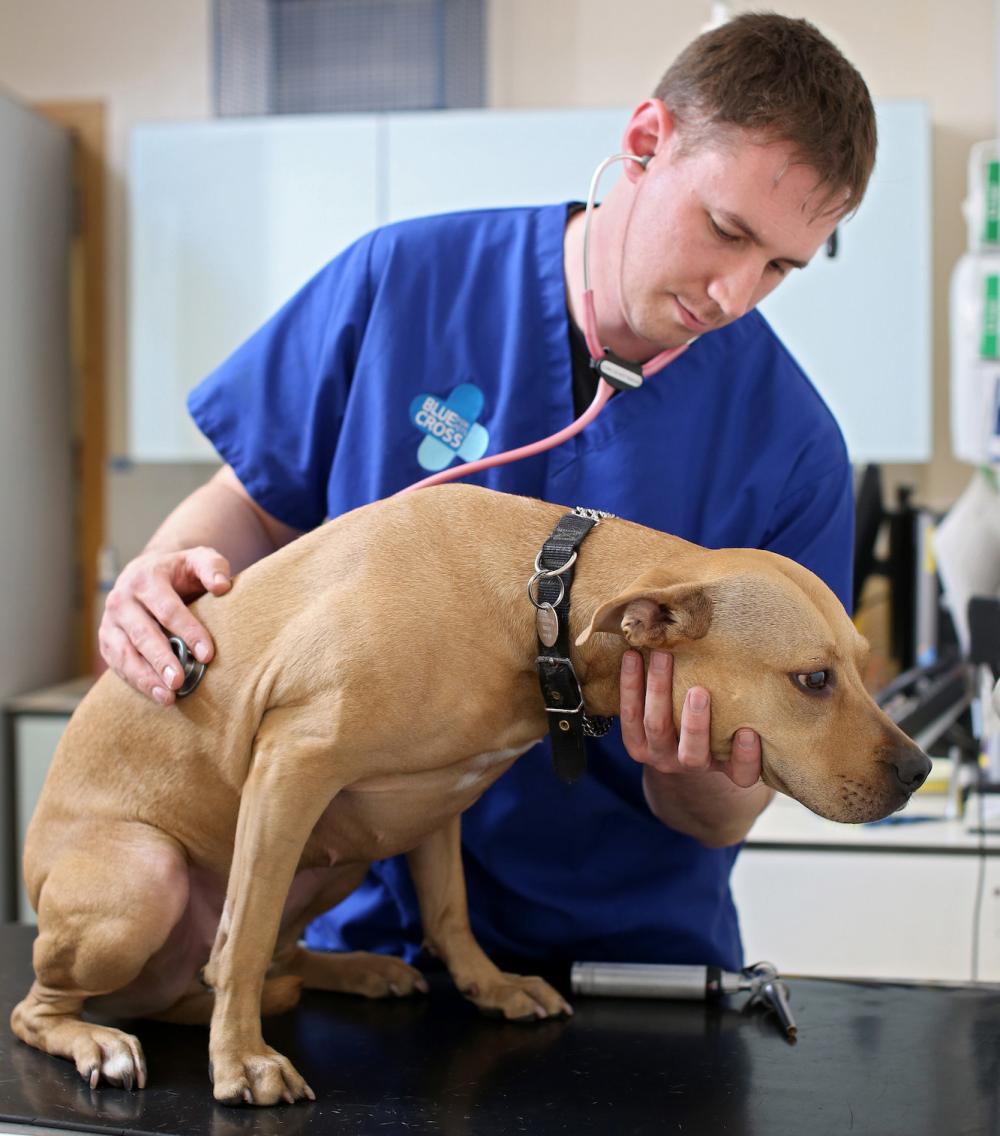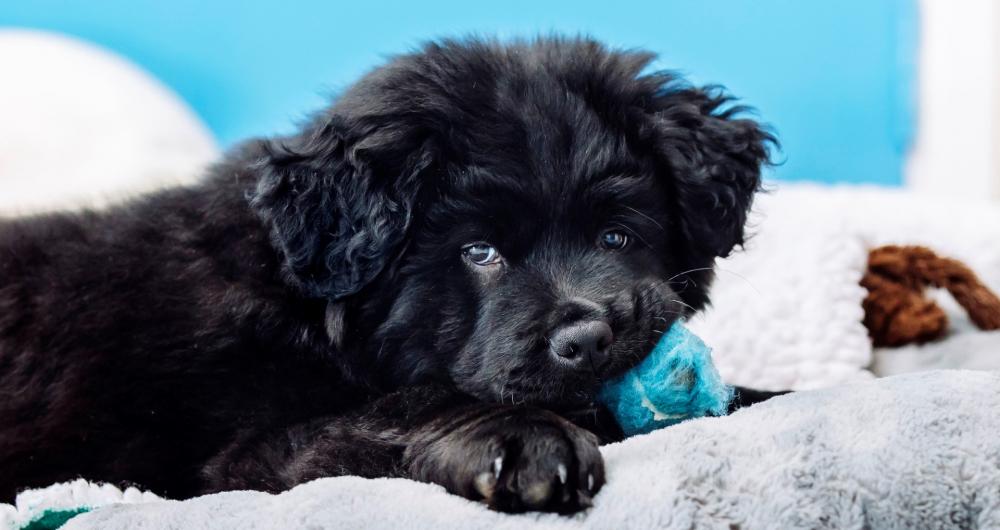Dog Is Sitting Funny and Has Diarrhea
- Dogs can suffer from diarrhoea for a number of reasons and most of them are not serious or easily treatable
- Consuming something out of the ordinary or over-eating are common causes
- In rare cases, diarrhoea can indicate toxicity or a more serious health problem
- Always consult your vet in cases of severe or persistent diarrhoea, or if your dog is a puppy, elderly or vulnerable
Why does my dog have diarrhoea?
Like humans, there are a number of reasons why dogs can suffer from diarrhoea. Most commonly, diarrhoea in dogs is caused by scavenging behaviour and eating something they shouldn't or a change in diet. Other less common causes include bacterial, viral or parasitic infections of the gut, a disease affecting the bowel, foreign body blockage, eating something poisonous or, in rare cases, problems with the liver or pancreas. Stress, heatstroke and dehydration can also cause a sudden onset of diarrhoea.
What should I do if my dog has diarrhoea?
If your dog is a puppy, elderly or suffers from an underlying health condition, contact your vet immediately. Puppies are particularly prone to nasty infections that can cause diarrhoea and can very quickly become dehydrated.
Also seek urgent veterinary attention if a dog of any age shows any further symptoms such as:
- Lethargy
- Repeated vomiting (more than once)
- Increased thirst or urination
- Seizures
- Blood or anything unusual in their poop
Most episodes of mild diarrhoea are not serious – usually linked to scavenging or a change of diet – and will pass quickly within a couple of days with the right care. If your dog appears otherwise bright and well, and has vomited no more than once, follow these tips for what will hopefully be a speedy recovery:
- Offer small amounts of white meat such as boiled chicken or fish with white rice instead of their usual food. If there is no further diarrhoea, feed small amounts every two hours and then gradually mix in their usual food over 24 hours before giving them a normal meal. Continue to monitor their poop.
- Encourage your dog to drink, diluting some stock in water to encourage this if needed. But if your dog's diarrhoea is accompanied by vomiting, do not let them drink too much at once as this may make them sick again. Instead, give cooled, boiled water little and often.
If diarrhoea persists for more than two days, consult your vet. Even if your dog no longer has diarrhoea, you should contact your vet if they are not eating or are depressed or lethargic.
Many owners are concerned when dogs eat and pass grass as they think it is a sign of illness, but they usually like to munch on it because it's tasty and fresh.
Is there anything I can do to prevent my dog from having diarrhoea?
Not all causes of diarrhoea can be prevented but ensuring that your dog sticks to the right diet free of any human titbits or leftovers, which can cause serious problems such as pancreatitis (inflamed digestive gland), will keep their stomach in the best health. Make sure you keep any toxic substances such as chocolate or chewing gum (containing xylitol) well out of reach, ensure that your garden does not contain any poisonous plants and keep worming up to date.
Switching foods can also cause stomach upsets so it's best to make diet changes gradually. Take at least three days and start by adding small amounts of the new diet to the current one.
Try to prevent your dog from scavenging by keeping your rubbish secure and, if necessary, by using a muzzle when your dog is in the park. Bones should never be given; bowel irritation from chewed up bone fragments can cause gastrointestinal upsets and blockages.
How will my dog's diarrhoea be treated by a vet?
This will very much depend on the cause. Antibiotics are often not needed but treatments such as kaolin (a clay mineral) may be helpful. Other medication may be needed for different problems or further investigative tests required.
threlkeldneen1997.blogspot.com
Source: https://www.bluecross.org.uk/advice/dog/diarrhoea-in-dogs

